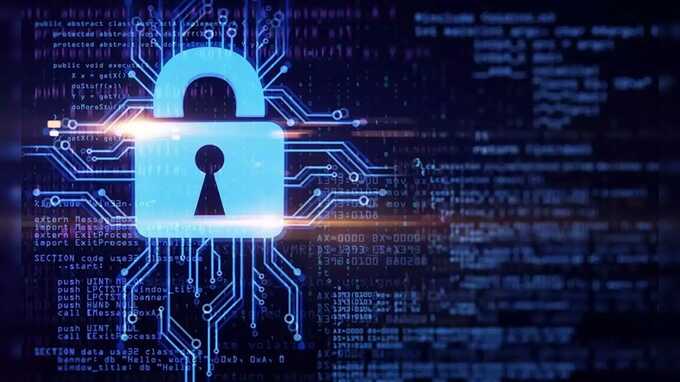Billions of passwords suddenly leaked - check now to see if yours is on the list

Users of online services are being urged to check their passwords after nearly 10 billion codes are leaked.
If you haven’t changed your passwords in a while now could be a good time to switch things up. It’s just been discovered that nearly 10 billion passwords have been leaked via a popular hacking forum which means your online accounts could now be at heightened risk of attack.
The huge txt. file, which has been given the name RockYou2024, is thought to have 9,948,575,739 private codes contained within it making this one of the biggest leaks in history.
Security experts are now urging people to tighten the security of their accounts and make sure they are using unique passwords for individual services.
It’s also a good idea to apply two-factor authentication (2FA) where possible as this means hackers need more than just a password to log in and steal personal data. 2FA adds another layer of protection with a text or email sent to devices before a log in is accepted.
"On a popular hacking form, a user has leaked a file that contains 9,948,575,739 unique plaintext passwords. The list appears to be a compilation of passwords that were obtained during several old and more recent data breaches," the security team at Malwarebytes explained.
"To cybercriminals the list has some value because it contains real-world passwords."
There are numerous websites that will let you safely check your online accounts to see if they are affected by the hack.
Malwarebytes has its own digital footprint scanner and the team at Cybernews also offer a checking service.
Another useful tool is Have I Been Pwned which also reveals passwords and accounts that have been targeted by password leaks.
As long as you make some changes and follow some simple password rules your accounts should stay safe from cyber crooks but don’t be complacent.
"To cut a long story short, if you don’t reuse passwords and never use “simple” passwords, like single words, then this release should not concern you," Malwarebytes added.
"If you use multi-factor authentication (MFA), and you should everywhere you can, there’s also no reason to worry about this."
Here are some top tips to boost the security of your accounts.
• Try and use complex passwords - Your password should be at least 20 characters long and include a mix of uppercase and lowercase letters, numbers, and special symbols. This makes it much harder to guess than using a basic word.
• Never ever reuse passwords - We all do it to save time but it’s a terrible idea. Never use the same password across multiple sites or services as that makes the life of cyber thieves so much easier.
• Check your passwords - Take the time to regularly assess your password health. Identify weak, old, or reused passwords
• Use a password manager - Generate and store complex and unique passwords for each of your accounts with password manager software. These will help you choose tough codes to crack and also help you remember them.
Read more similar news:
Comments:
comments powered by Disqus

































